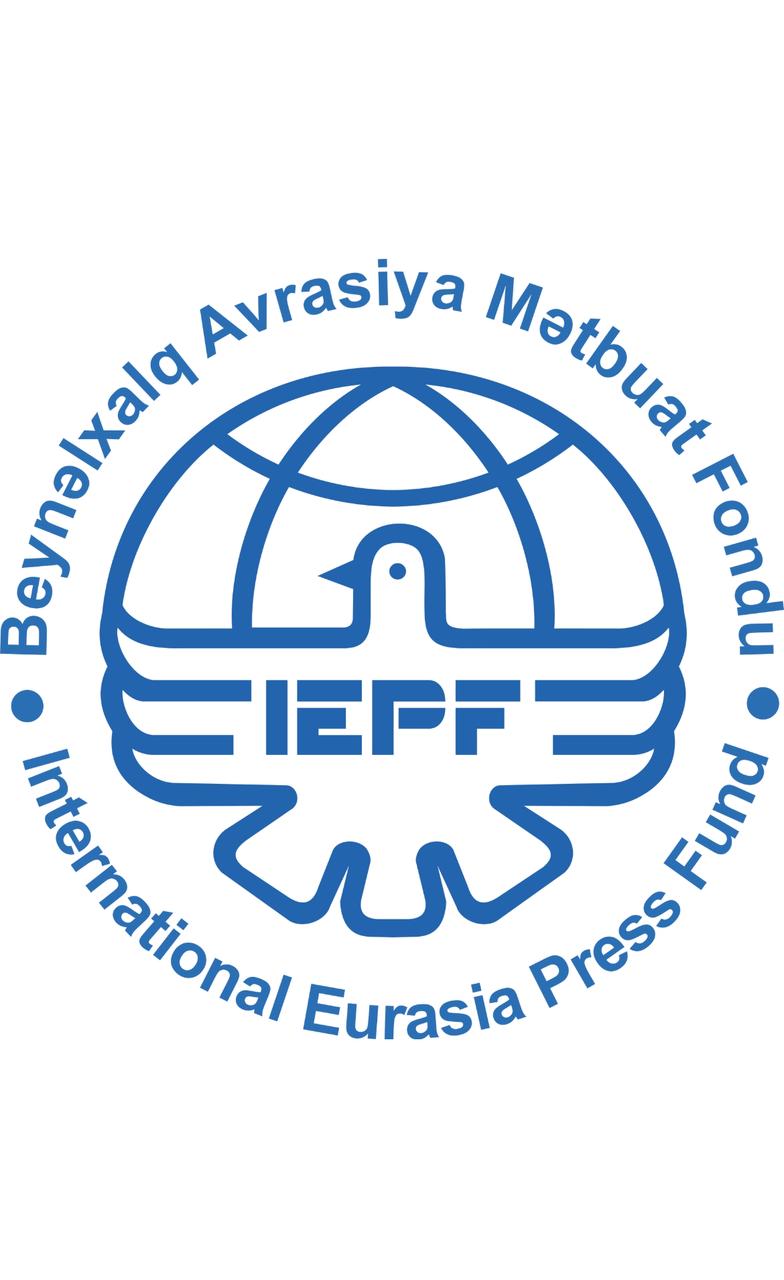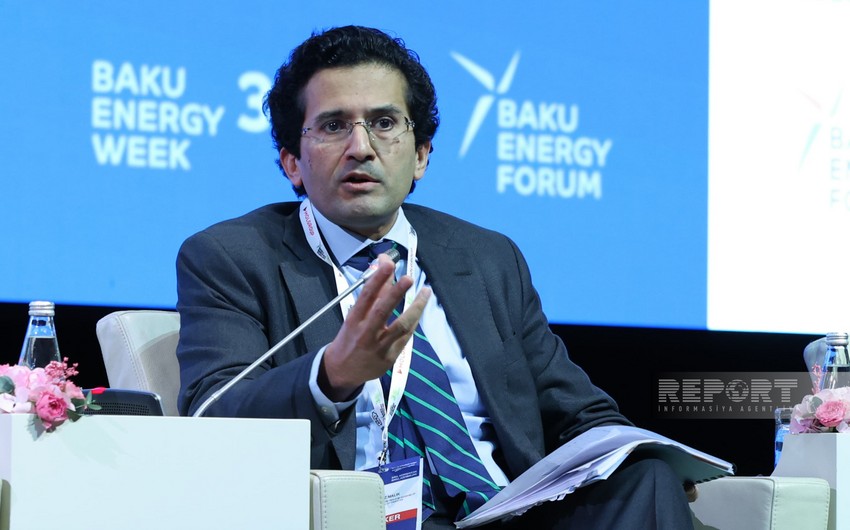If the Republicans win the presidential elections in the USA in 2024, Russia may be offered a ceasefire within the framework of the Ukraine conflict.
This statement was made by Russian political scientist Malek Dudakov.
According to the political scientist, Republicans have a more aggressive attitude towards China than Russia:
"Therefore, it is possible to freeze the conflict and normalize relations."
According to Dudakov, why might a Republican victory in the US presidential elections lead to a potential ceasefire offer for Russia in the Ukraine conflict? What is the basis for Dudakov's argument that Republicans have a more aggressive stance towards China compared to Russia? Beyond the US elections, what other factors could play a role in determining the future of the Ukraine conflict and international relations with Russia? And so on.
The US-based expert, national security analyst, and lawyer Irina Tsukerman told Ednews that there is a growing concern that the Republicans are increasingly skeptical of the prospects for Ukraine's victory, especially given that the reporting on the counteroffensive has turned out to be particularly slow and costly:
"Moreover, the Heritage Foundation, which is known to be particularly influential with key Republicans in Congress and who in turn inform the defense appropriations policy, has been outright fabricating or exaggerating the amount of money allegedly spent by each American household on the Ukraine war and stimulating outrage among the voters who do not understand how low-cost the war actually is, particularly in comparison to alternatives. The Heritage Foundation, along with a number of other conservative NGOs and media, has collaborated with the Danube Institute, which is closely tied to Hungary's Victor Orban and receives state funding."
According to her, Orban's policies widely reflect the Kremlin's ideological position on a variety of issues:
"Orban's party has subsumed other conservative parties and, over decades of dedicated investment of resources and energies, has all but completely eliminated a more classical liberal approach from Hungary's mainstream conservative politics, contributing to the Russian-backed control of the populist right-wing movements in Europe and beyond. CPAC, once a very mainstream conservative organization, has embraced hosting conservative events in Budapest and simultaneously reflected Russian talking points."
"Let's recall that when Donald Trump received the 2016 Republican presidential nomination, one of the few things his faction changed about the official party platform was support for aid to Ukraine. This view has only cemented over time, as Heritage and other similar organizations, as well as Trump's political allies, have tried to tie the Ukraine issue to the Democratic agenda and specifically the Biden family corruption, omitting important facts such as that Burisma had been linked to Russian intelligence and that much of Ukraine's historic corruption is rooted in Moscow's institutional penetration and control. With the majority of Republicans heavily favoring Trump and other loud voices such as Ron DeSantis and Vivek Ramaswamy echoing these concerns, many worry that most Republicans do not understand US interests in Ukraine and are very likely to be taken in the direction of one of these front-runners. Still, it is extremely unlikely that Trump or DeSantis will win the general election, even with Biden's low polls", I. Tsukerman added.
An American expert noted that Dudakov's observation is only partially accurate:
"Some Republicans have indeed tried to draw false comparisons based on China's far greater economic prowess and much more direct economic entanglement and public threats to the US. However, that is where the distinction ends. Russia and China have been cooperating, despite differences, against the West since the Soviet days, and that cooperation only increased with the joint leadership in the Shanghai Cooperation Organization, which has helped Moscow and Beijing create and cement an anti-Western coalition."
She thinks that China benefits from a stronger Russia and, conversely, loses when its ally is weakened:
"In the event the US were to stop funding Ukraine, Russia would prevail regionally, gain permanent control of energy sources in Ukraine, be of far greater value to China, and would also be keen on supplying Beijing with these resources. The Kremlin could potentially help Beijing dominate various metal and rare earth markets as well. The other issue is that some conservative-leaning figureheads with big platforms have outright reneged on their previous hawkishness against China and are now even defending or praising China as they see that some Democrats are coming to realize that threat. Tucker Carlson has actually done a 180 on China, perhaps just to get attention or perhaps out of some benefit, whereas Ron DeSantis has made comments in the past indicating a potential capitulation to China on some issues."
Irina Tsukerman considers that Dudakov is not correct in claiming that the idea of freezing the conflict originated with the Republicans (who are simply pushing for cutting off funding to Ukraine but are not necessarily favoring Russia's victory):
"In fact, this idea has been floated at various points, directly and indirectly, by the Biden administration and by some of the European NATO allies, who stand to lose a lot financially if the coalition is to continue and expand its financial boycott of Russia. Europe and the US doubled their imports of Russian metals last year at the peak of the war, and President Biden had previously refused to sell defensive weapons to Ukraine, justified "minor incursions", rejected preemptive sanctions, and pushed President Zelensky to evacuate rather than face the Russians. Most recently, the head of NATO made such a proposal public, following reports about Track 2 diplomacy between American ex-national security officials and Russians aimed at reaching a territorial understanding without Ukraine's participation."
Political experts said that Ukraine rejected this proposal, and there is no reason to believe the response will be any different in the event Republicans take the White House:
"That said, the only Republicans likely to win the general elections also happen to support Ukraine. Some speculate that Ukraine has already been sold out to Russia, which would explain the slow rollout of military aid that has allowed Russians to entrench themselves in strategic areas, complicating the counteroffensive. Regardless, this idea will not work, as Russia's permanent presence in Ukraine means a perpetual security headache for all of NATO. Even now, Russia is trying to spark conflicts in other sensitive areas to bog NATO down on multiple fronts."
She believes that the US cannot offer a ceasefire without Ukraine's consent:
"If it floats such an idea and it is rejected, nothing changes. The US would only score political points with Russia and China if it convinced or pressured Ukraine into going along with this proposal, which is not likely. If anything, Russia's interventions are leading to skepticism among some non-NATO countries about their outreach model and impact, even in the Global South. That said, tensions between Russia and China go far beyond Ukraine. Unless the US gives up on defending Taiwan, relieves both countries of sanctions, and essentially starts pushing for the return of US companies to those states, the Cold War will continue unabated, as it is also currently being fought on many fronts not directly related to Ukraine. Moreover, such an effort would be interpreted as a sign of weakness that would open additional targets to Russian and Chinese aggression. Just as Ukraine was a testing ground for new Russian weapons, it is now a red line on US political and security resolve overall."
I. Tsukerman stressed that Congress has been actually unified and less polarized on these two issues in recent years, which will make a radical change in policy for any administration that much more difficult:
"However, both the Republican and Democratic administrations in recent years have also not been typical. The Trump administration has been more isolationist than normal for Republicans, and the Biden White House has also been focused more on climate change than on any other foreign policy angle. Either administration (or some of its key members) have been accused of corruption and illicit ties to Moscow and Beijing. Both Russia and China have been openly meddling in US elections and policies and courting members of Congress as well as campaign teams and members of the administration. This also means that neither the Republicans nor the Democrats have been immune from accusations of weak policies and a lack of sufficient commitment with respect to Russia and China. In addition, that's even considering that the war on Russia has led to significant sanctions and that there is a formal process of decoupling from China officially encouraged by both parties. However, the reality of enforcement is actually much more complicated. There has been a resistance to taking truly drastic steps such as banning China's Tik-Tok or fully enforcing Russia's financial sanctions."
"Key factors include whether Ukraine succeeds in eliminating corruption and Russian influence over its security institutions, whether Russia and Turkey come to a logistical and territorial agreement or continue going in opposite directions over this issue, and to what extent Ukraine manages to form and expand financial and military alliances beyond NATO. The recent Saudi summit related to the Ukraine peace plan is a belated first step, but most countries have extremely different positions on many issues, and reconciling them in substance will take a lot of work. Finally, the role of a planned transition in Russia cannot be underestimated. Right now, most of the Western public is scared of real prospects for radical change in Russia and tends to prop up a managed opposition, which is not that different from Putin on Ukraine or other issues but presents a more genteel front. So if the West opens up to supporting or at least recognizing more diverse oppositions in Russia and helps integrate these movements into more mainstream conversations, that could be a game changer for Russia's role logistically", national security analyst concluded.
Ulviyya Shahin










